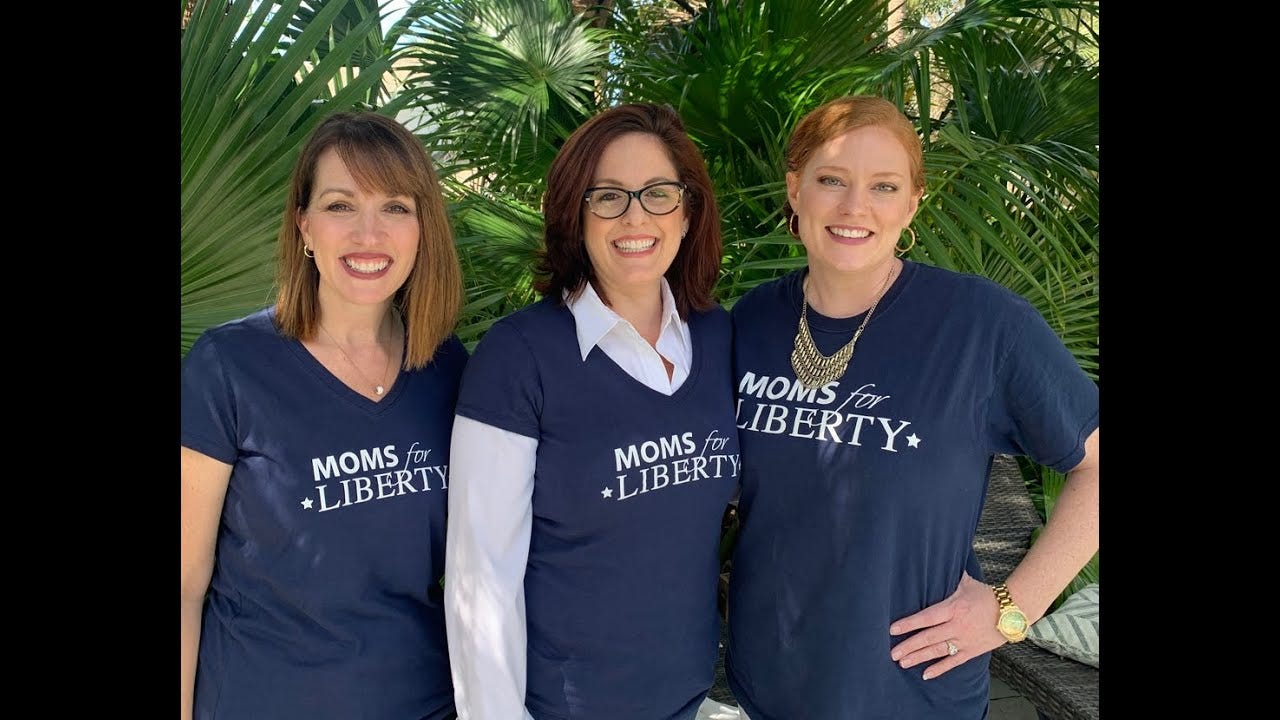Who counts as a parent?
This week, Mother Jones published a piece called “The Right-Wing Attack on Public Education Began in One Elite Illinois High School.” It tells the story of a wealthy, predominantly White high school in the Chicago suburbs called New Trier Township High School. Educators at New Trier sparked a conservative backlash when they decided an annual day of learning, called Seminar Day, would focus on racial equity. This battle over whether and how to address race and racism with high school students took place in 2017, and as writer Isabel Dias lays out, it was a powerful preview of the anti-equity fight consuming schools now.
One of the first things that struck me while reading the piece was the name of the group which organized to put a stop to Seminar Day. They called themselves “Parents for New Trier.” Immediately I wondered, “Which parents?” Although New Trier is overwhelmingly White, there are certainly parents of color (as well as White parents) who would like their students to have access to education and discussion about racial equity. It’s unsurprising, yet galling that right-wing activists chose to claim the mantle of “Parents” without any qualifying language.
The question of who gets to speak for parents has been particularly salient as K-12 education becomes a central background of the “culture wars.” Groups like “Moms for Liberty” and language like “parental rights” claim to speak on behalf of parents and out of concern for children. But which parents and children?
As is usually the case, Whiteness operates invisibly here. By reserving explicit identification for Black, Latinx, or Asian families, the “Parents” of New Trier ensure that Whiteness equals normal and default. This is similar to how White conservatives also control American-ness as an identity. The ideology is the same whether it’s the racist birther attacks on President Obama or more recent attacks on members of The Squad. American-ness and patriotism are labels reserved for White conservatives.
But isn’t it possible that there were parents of color who opposed Seminar Day? Naming the group White Parents for New Trier would certainly have excluded these families, right?
Fair enough. Then why not name the group Conservative Parents for New Trier? Because right-wing ideologues prefer not to name their politics. They prefer to frame discussing race and racism as “political” and silence on these topics as neutral.
The impact of this linguistic sleight of hand is that racist conservative groups often control the narrative in culture war battles. And far too often, the media allows them to. Toward the end of her piece, Dias writes, “Only a minority campaigned against Seminar Day in 2017, but theirs was a vocal dissent.”
Journalist Melinda D. Anderson has written about this phenomenon extensively on Twitter with regard to the “anti-CRT” (in fact, anti-equity) panic as well as COVID mitigation strategies, including school closures, masking, and vaccines. When we look at fights over book bans, sex education, gender-affirming curriculum (and healthcare), and Black history, groups like Moms for Liberty are given equal or greater attention than the opposition, especially groups led by Black and Brown families.
As the fight over K-12 education continues, liberals and progressives (particularly those who are White) need to be vigilant and vocal. When we read about a debate taking place about a book, curriculum, or policy on social media or in the news, pay attention to whose voices are being centered. Which parents are leading the fight, and who are they fighting for? Push our friends online or our media outlets to name race and political ideology explicitly. When we fail to do so, we allow White conservatives to falsely claim the middle ground when in fact, they represent an extreme viewpoint.
In addition to pushing for truthfulness in media coverage, we need to raise our voices loudly and persistently. Through letters to the editor, online petitions, social media posts, and school board meetings, we need to follow the example of people like Leslie Weyhrich, a New Trier parent. Weyrich and other New Trier parents fought to expose the role of conservative media in inflaming the battle over curriculum in their community and helped progressive candidates win school board seats.
There are roughly 50 million kids in public schools in the United States. About half of those kids are kids of color, and that proportion will continue to grow. All these kids — BIPOC and White — deserve schools that affirm them and teach them to respect others. As we fight for the schools that these young people deserve, we cannot allow anyone to claim the title of “parent” without asking which children they are speaking for.


Comments